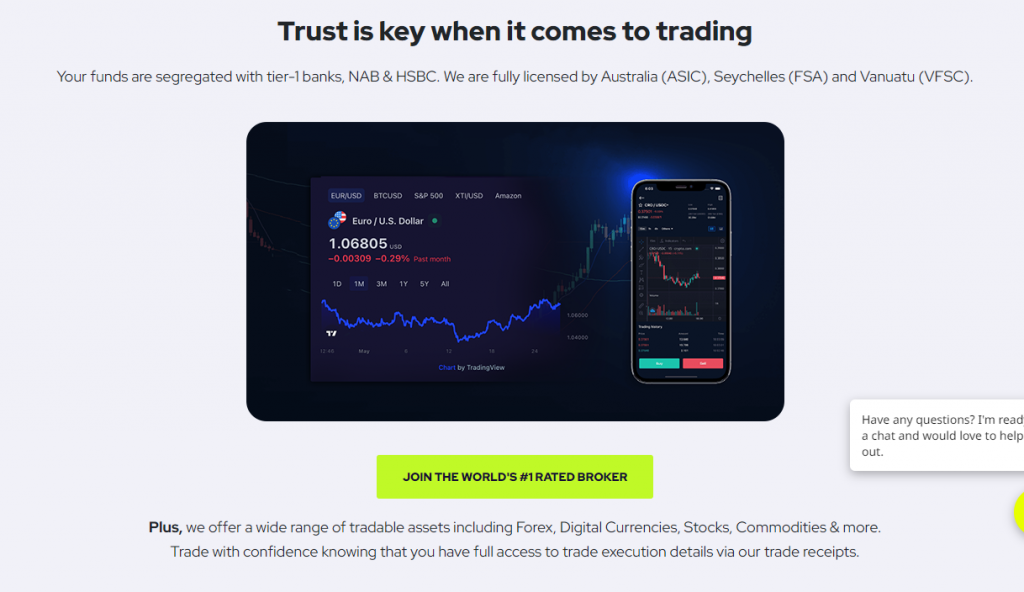Never confuse the terms “cryptocurrencies”, “Altcoins ” and “tokens,” Different types of them, just as there are fundamental differences that distinguish them.
Summary:
Simply put, the two most common blockchain-based digital assets are cryptocurrencies and tokens. The biggest differentiation between the two is that cryptocurrencies have their own blockchains, whereas crypto tokens are built on an existing blockchain.
What is a Digital Asset?
Broadly speaking, a digital asset is a non-tangible asset that is created, traded, and stored in a digital format. In the context of blockchain, digital assets include cryptocurrency and crypto tokens.
What is a Cryptocurrency Coin?
Cryptocurrency coins, like Bitcoin, is essentially a digital form of money that is backed up by a native blockchain The functions of a coin are strictly monetary — you can use it as a means of payment, store of value, or as a speculative asset to trade, and essentially that’s it.
The features of a coin are also similar to fiat money — it is fungible, divisible, and the supply is limited.
By definition, a cryptocurrency coin serves only as a digital form of money. The most distinctive feature of a coin is that it is native to the blockchain it’s made on and operates independently from any other platform.
What is an Altcoin?
Altcoin means Alternatives to Cryptocurrency. This is essentially any cryptocurrency coin that has its own blockchain but is not Bitcoin. Some altcoins are just forks to Bitcoin, meaning that they base on Bitcoin’s open-source protocol but still have their own blockchains, like Litecoin. Others, like Monero or Ethereum, are completely independent blockchains.
What is a Token?
The token is a non-native blockchain asset whose value goes beyond only monetary functions. Tokens also require another platform to exist and operate.
For example, ETH is a cryptocurrency that is native to the Ethereum blockchain, which makes it a coin. However, one of the primary features of the Ethereum network is the ability to create new tokens within the network.
The cryptocurrencies that are created on this network will be called tokens. For example, USDT — the most popular stablecoin pegged to the value of $USD is a token, which operates on the Ethereum blockchain.
A cryptographic token is a digital unit of value that lives on the blockchain. There are four main types:
- Payment tokens
- Utility tokens
- Security tokens
- Non-fungible tokens
Fungibility
All crypto tokens break down into two broad categories — non-fungible and fungible, with the latter being the most common type. Fungibility is a feature of a token which essentially means that one token is indistinguishable from another.
In simple words, a dollar is always a dollar, and Bitcoin is always Bitcoin. You can exchange the $10 bills with your friend and each of you will still have the same value in the wallet.
but Non-fungible tokens, or NFTs, are a type of cryptographic token — a digital representation of value that lives on the blockchain.
NFTs can represent the value of physical assets. A painting, for instance. But they can also represent the value of digital assets, such as a short story that is only available online.
NFTs have three characteristics that set them apart from other types of tokens:
- UNIQUE
- VERIFIABLE
- TRADEABLE
Utility Tokens
Utility tokens are a popular type of fungible tokens that you can think of as chips at the casino. In the same way, you need to buy chips to play blackjack or poker, you need utility tokens to power the operations on the protocol.
The most famous utility token example is Ether which powers all the transactions and smart contracts on the Ethereum network. As we just said before, ETH can be used as a means of payment, however, its primary purpose is to be utilized in the blockchain.
Social Tokens (fan tokens)
Social tokens can be a very interesting type of crypto utility asset that recently gained a lot of popularity in the crypto space and also presented the concept of tokenization to the broader public. In simple words, social tokens are backed by the reputation of an individual, brand, sports club, or just any community.
Security Tokens vs Equity Tokens
In simple, Security Tokens are common stock on the blockchain. These tokens are similar to the company shares held by the investors and companies usually issue voting rights through a blockchain platform. The tokens are liquidated to create Equity Tokens.
In other words, these tokens contribute to an investment contract, where the Investors typically purchase in anticipation of future profits in the form of dividends, equal sharing of revenue generated and the normal appreciation process.
Security Tokens bridge the gap between the traditional financial sector and the blockchain framework; it’s one of the reasons banks have initiated integrated Blockchain frameworks in their system. Issuing security tokens allows investors to raise funds through a thoroughly regulated digital share of its equity, asset or part of the revenue.
The key difference between Security Token and Equity Token is that in the security token, an asset like real estate, gold etc. is used as collateral. However, in the case of Equity tokens, the shares of the company are diluted into tokens.
We can place coins and tokens in different categories as you can see in the chart above, and some of them are common to other categories.
As digital currencies are emerging, various other categories may be added in the future.
Governance Token: These are the types of crypto assets that grant their holders decision-making rights over the project’s protocol, its product, and its features. It represents voting power on a blockchain project.
INVITATION: Join Our Tri-Weekly Webinars and Amplify Your Trading Success!
They represent the main utility token of DeFi protocols since they distribute powers and rights to users via tokens. Governance discussions on Yearn Finance. With these tokens, one can create and vote on governance proposals.
Metaverse Tokens: These are units of virtual currency used to make digital transactions within the metaverse. Since metaverses are built on the blockchain, transactions on underlying networks are near-instant.
Blockchains are designed to ensure trust and security, making the metaverse the perfect environment for an economy free of corruption and financial fraud.
DeFi Tokens: These tokens represent a diverse set of cryptocurrencies native to automated, decentralized platforms that operate using smart contracts.
These provide users access to a suite of financial applications and services built on different blockchains.
Credit Source: PRO_SMART_Trader







